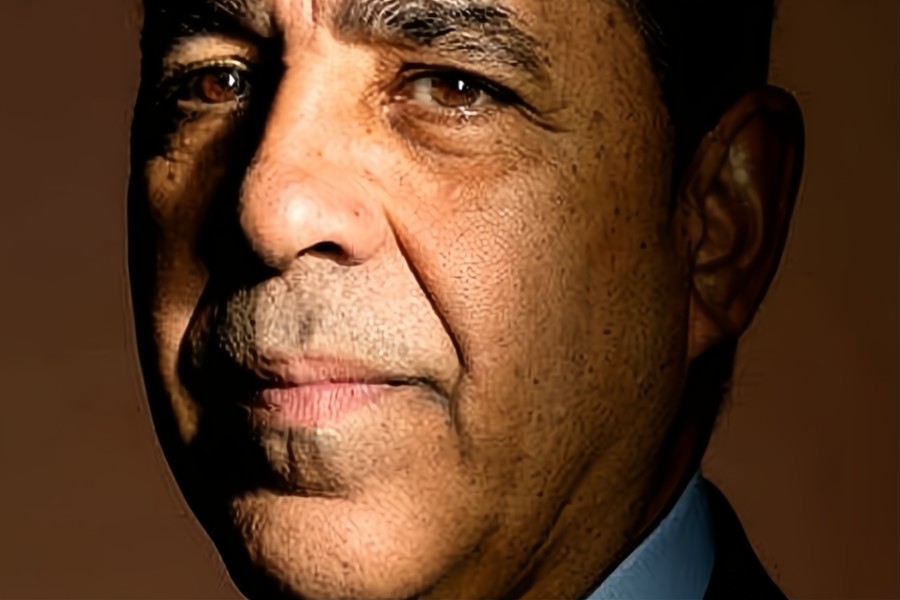Every year, thousands of smokers vow to quit smoking and every year most of them fail. Too many people try to quit on their own and fall back into cigarettes through habit and addiction. But help is available to make the resolution to quit a long-term, life-changing event. Insurance carriers and government offer many types of support from counseling and information to prescriptions to reduce dependency.
Of course, there are many well-known reasons to give up cigarettes for good.
Smoking has been linked to heart disease, lung disease, stroke and cancer, and less seriously to bad breath, body odor and early wrinkles. The American Cancer Society says half of all people who continue to smoke will die of a smoking-related illness.
Most people understand the health risks, but maybe not the expense. The American Cancer Society says smoking adds billions of dollars to health care costs and that cigarette smoking is the number one preventable cause of death in the United States.
The immediate costs are expensive, too. New York City recently raised the minimum price of a pack of cigarettes to $10.50, and many places sell a pack for much more. If you are a pack-a-day smoker, that’s about $3,700 a year.
Fortunately, there are more options for quitters than ever and many are free or at little cost. Most health plans offer help to quit smoking and the New York State Smokers’ Quitline offers extensive support at 1-866-611-QUIT (1-866-697-8487) or by visiting www.nysmokefree.com.
Nicotine is one of the most addictive drugs known and is the most common addiction in the country. But it is also well understood. Working with doctors and wellness programs, quitters may be eligible for nicotine patches, nicotine gum or nicotine lozenges to help control withdrawal symptoms. Many health plans also offer prescription medications to ease withdrawal symptoms and the urge to smoke.
Some people believe e-cigarettes can help, but the U.S. Food and Drug Administration has not approved them as a safe and effective method to help smokers quit.
Giving up cigarettes is not easy, but the improvements to your health are immediate and long lasting. Many people who quit smoking are surprised by how good they feel.
The New York City Department of Health says within 20 minutes of quitting, a smoker’s heart rate and blood pressure drop to a more normal level. In 12 hours, carbon monoxide level in the blood drops to normal.
In a couple of weeks, the former smoker’s risk of heart attack begins to drop, blood circulation improves and the lungs begin to work better. By one year, the risk of heart disease is cut in half. Long term, the former smoker’s risk of developing diabetes and high blood pressure reduces the longer they are away from tobacco.
It is a rapid turnaround and proof that a habit that destroys health, once stopped, can lead to a healthier life.
William Gillespie, M.D., is Chief Medical Officer of EmblemHealth and President and CEO of AdvantageCare Physicians.

Become a Harlem Insider!
By submitting this form, you are consenting to receive marketing emails from: . You can revoke your consent to receive emails at any time by using the SafeUnsubscribe® link, found at the bottom of every email. Emails are serviced by Constant Contact



















